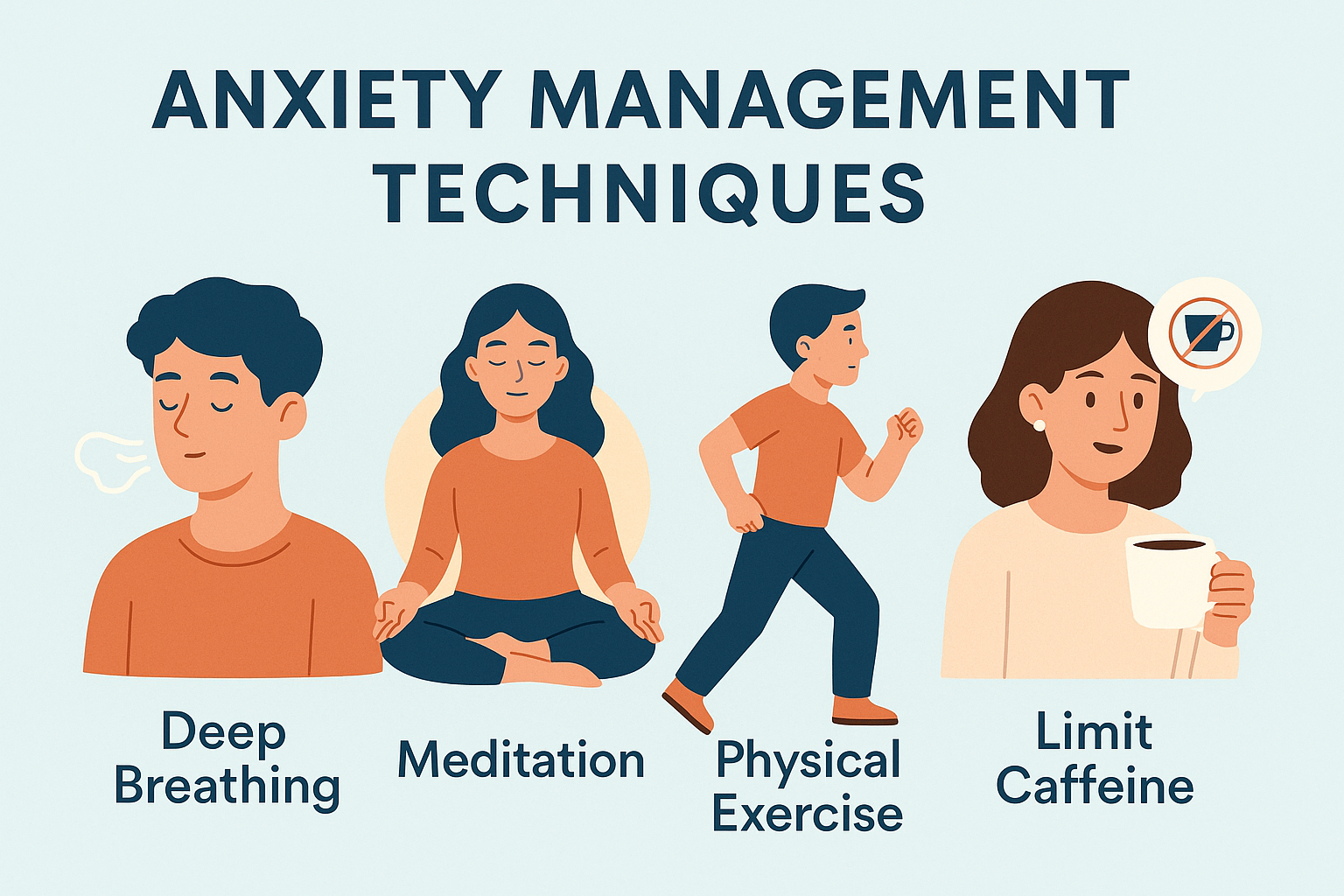
Divorce: Helping Your Children Cope With Parent Separation
August 13, 2020
Parental Separation & Divorce Can Be Difficult for Your Children
"Should we stay together for the kids?" A questions couples commonly ask themselves when considering separation which hints at the tumultuous effects a divorce can have on children. Though every child will cope differently, there is no doubt that it will be a stressful situation for them to go through. To minimize any psychological and emotional damage, supportive co-parenting is absolutely essential, and professional counseling services can often be beneficial as well
.
Common Negative Effects of Divorce
Children who are not handling the changes to their living situation brought about by a divorce tend to act out or become disengaged from other areas of their life. You may notice their academic performance slip or that they are not giving as much energy to their extracurricular pursuits. They may seem distant from their peers, or even more prone to conflict with them. Behavior problems are another warning sign to watch out for, particularly risk-taking endeavors such as drug and alcohol experimentation or sexual activity. It's important to monitor their general mood for symptoms of depression or changes in personality. Divorce is frequently associated with higher risks of mental health problems in children.
Age/Gender
Differences
Children will react differently to a divorce depending on their age. Toddlers may have trouble understanding the situation and fear that their parents will stop loving them. Grade schoolers often blame themselves for their family's issues, while teenagers feel resentment towards one or both parents and deal with just as much anger as sadness. Boys and girls tend to react differently to divorce as well. For example, boys' self-esteem is known to decline, which can result in increased, aggression, fighting, and delinquent behavior. With girls, maintaining the mother-daughter connection is especially important for helping them overcome stresses more easily.
Success Strategies
Giving your best effort to helping your kids adjust will go a long way towards protecting their well-being. Taking the ideal approach starts from the get-go with how you go about breaking the news. Be willing to have an open and emotional discussion and prepared to answer a variety of questions, such as "who will I live with?" and "where will I go to school?". Once the divorce has taken place, prioritize peaceful co-parenting that enforces consistent discipline and avoids putting children in the middle. Create a routine to better familiarize them with the new status quo. And perhaps most importantly, set a good example by taking care yourself physically, mentally, and emotionally.
If your children are taking your divorce particularly hard, consider family counseling. Beckloff Pediatric Behavioral Center offers child-parent relationship training, depression therapy, anger management treatment, and other divorce care
services for families in the Dallas, TX area. Contact us today
to schedule an initial consultation.



